HP brings "cloud economics" to enterprise network procurement
Hardware giant launches pay-per-use procurement programme to make it easier for enterprises to carry out network upgrades.
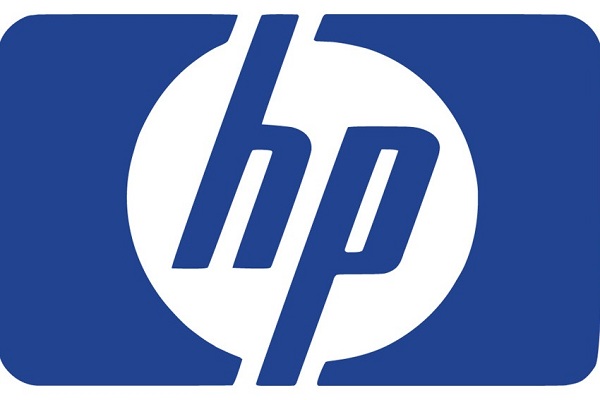
HP claims its new pay-per-use networking programme will allow enterprises to apply the principles of "cloud economics" to hardware procurement.
The hardware giant took the wraps off its HP FlexNetwork Utility Advantage Programme earlier today at an event in central London.
The scheme will see HP partner up with communications service providers to supply networking kit to customers on a pay-per-use basis.
This, the company claims, should put a stop to firms investing in network capacity that isn't used.
Network infrastructures do not fluctuate with the needs of the business.
Speaking at the event, Mike Banic, vice president of global marketing at HP, explained: "In some places of the network, the infrastructure is overutilised...and in other places it's underutilised. In other words, it doesn't fluctuate with the needs of the business.
"These are an important set of opportunities for us to address."
Get the ITPro daily newsletter
Sign up today and you will receive a free copy of our Future Focus 2025 report - the leading guidance on AI, cybersecurity and other IT challenges as per 700+ senior executives
Traditionally, network investments have always been considered as a capital expense that's been "carried on the balance sheet," he said.
The programme aims to change that and free up funds that can be reinvested in "innovative" IT projects. It will also help firms meet the demands placed on networks by cloud, BYOD and unified communications.
"The programme we're announcing takes advantage of the entire product portfolio that makes up the Flex Network architecture," said Banic.
"[It is] designed to enable communications service providers to deliver pay-per-use managed LAN offerings that allow HP to address the needs of enterprise clients, in many case the global 1,000 clients we want to earn more business from."
Although, during a media Q&A session at the event, Nick Watson, vice president of HP Networking for EMEA, said the pay-as-you-go elements of the programme would make it a good fit for SMBs too.
"When we started looking at this, people kept telling us this really is a small-to-medium business [-focused] model...and will only appeal to smaller customers," explained Watson.
"If you think of a small business, it could be a branch of a [larger one], but the irony is that the interest we've had has been from hugely towards the biggest companies, which isn't necessarily [the way we thought this would pan out] when we first started."
The programme will only be offered to customers through HP's service providers, as the firm has no plans to offer it directly.
"For years, the issue has always been the communications service providers have never wanted to put this on their balance sheet in the first place. What they've wanted to do is find a partner who will partner with them," he said.
He also stressed the pay-per use programme will not affect HP's business model, which has traditionally been based on hardware sales.
"This [will create] an annuity stream [of revenue]...and we are expecting this offering will prove so strong [the recurring revenue business model] will really start to work [for HP]," added Watson.
-
 Cleo attack victim list grows as Hertz confirms customer data stolen
Cleo attack victim list grows as Hertz confirms customer data stolenNews Hertz has confirmed it suffered a data breach as a result of the Cleo zero-day vulnerability in late 2024, with the car rental giant warning that customer data was stolen.
By Ross Kelly
-
 Lateral moves in tech: Why leaders should support employee mobility
Lateral moves in tech: Why leaders should support employee mobilityIn-depth Encouraging staff to switch roles can have long-term benefits for skills in the tech sector
By Keri Allan
-
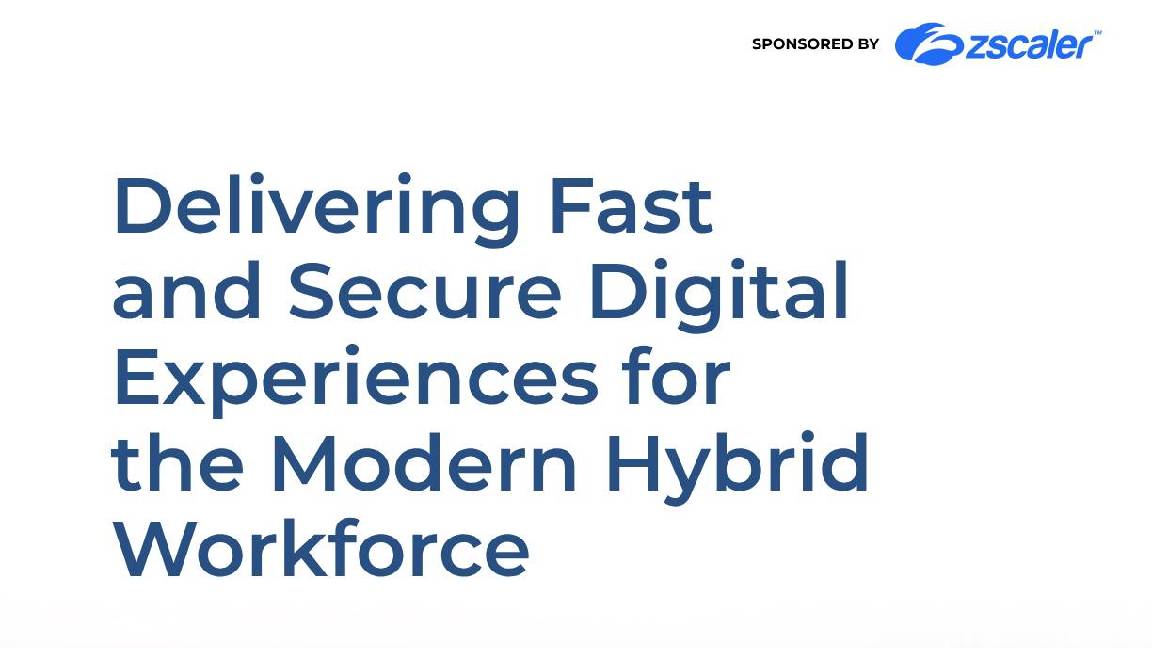 Delivering fast and secure digital experiences for the modern hybrid workforce
Delivering fast and secure digital experiences for the modern hybrid workforceWhitepaper A new approach to digital experience monitoring that can monitor the health of all systems
By ITPro
-
 Report: UK’s SME tax-relief schemes exacerbating Golden Triangle growth disparity
Report: UK’s SME tax-relief schemes exacerbating Golden Triangle growth disparityNews A report from the UK Treasury has called for more targeted support for tech SMEs
By Ross Kelly
-
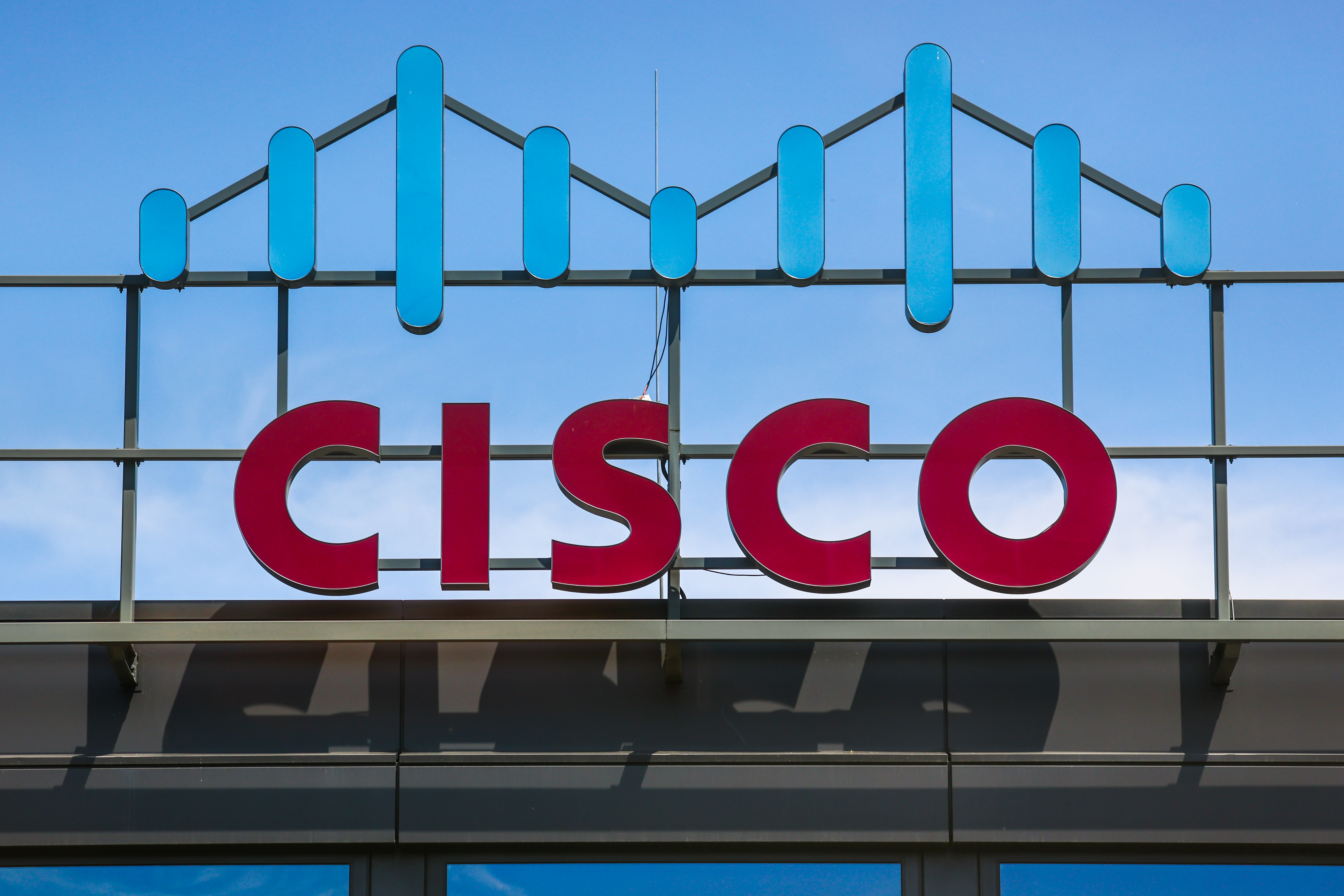 Cisco to acquire network performance monitoring partner Accedian
Cisco to acquire network performance monitoring partner AccedianNews The IT giant says Accedian’s Skylight platform will enable it to “bring transformational solutions” to its service provider customers
By Daniel Todd
-
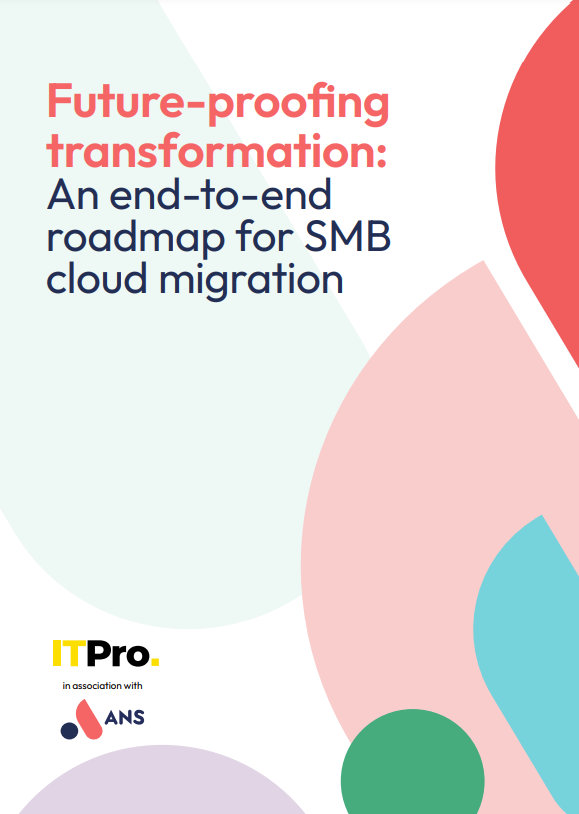 An end-to-end roadmap for SMB cloud migration
An end-to-end roadmap for SMB cloud migrationWhitepaper Future-proofing transformation
By ITPro
-
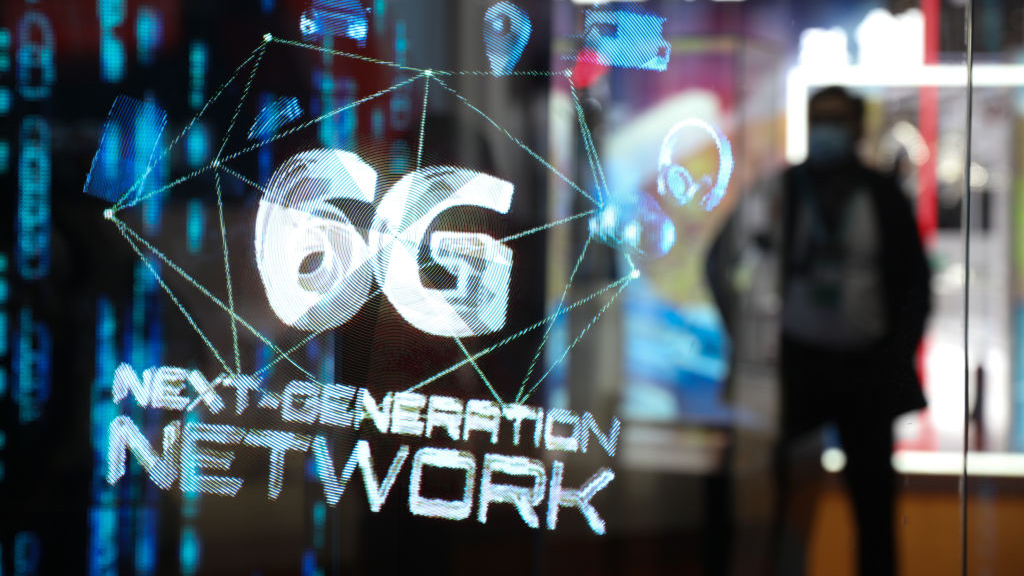 UK to collaborate with South Korea on 5G, 6G development fund
UK to collaborate with South Korea on 5G, 6G development fundNews Alongside the world-first agreement, the sector will see a £25 million boost for research into Open RAN
By Rory Bathgate
-
 Rebooting your BYOD strategy
Rebooting your BYOD strategyIn-depth With hybrid working becoming the norm, there's a need for a device management overhaul. What does BYOD 2.0 look like?
By Kate O'Flaherty
-
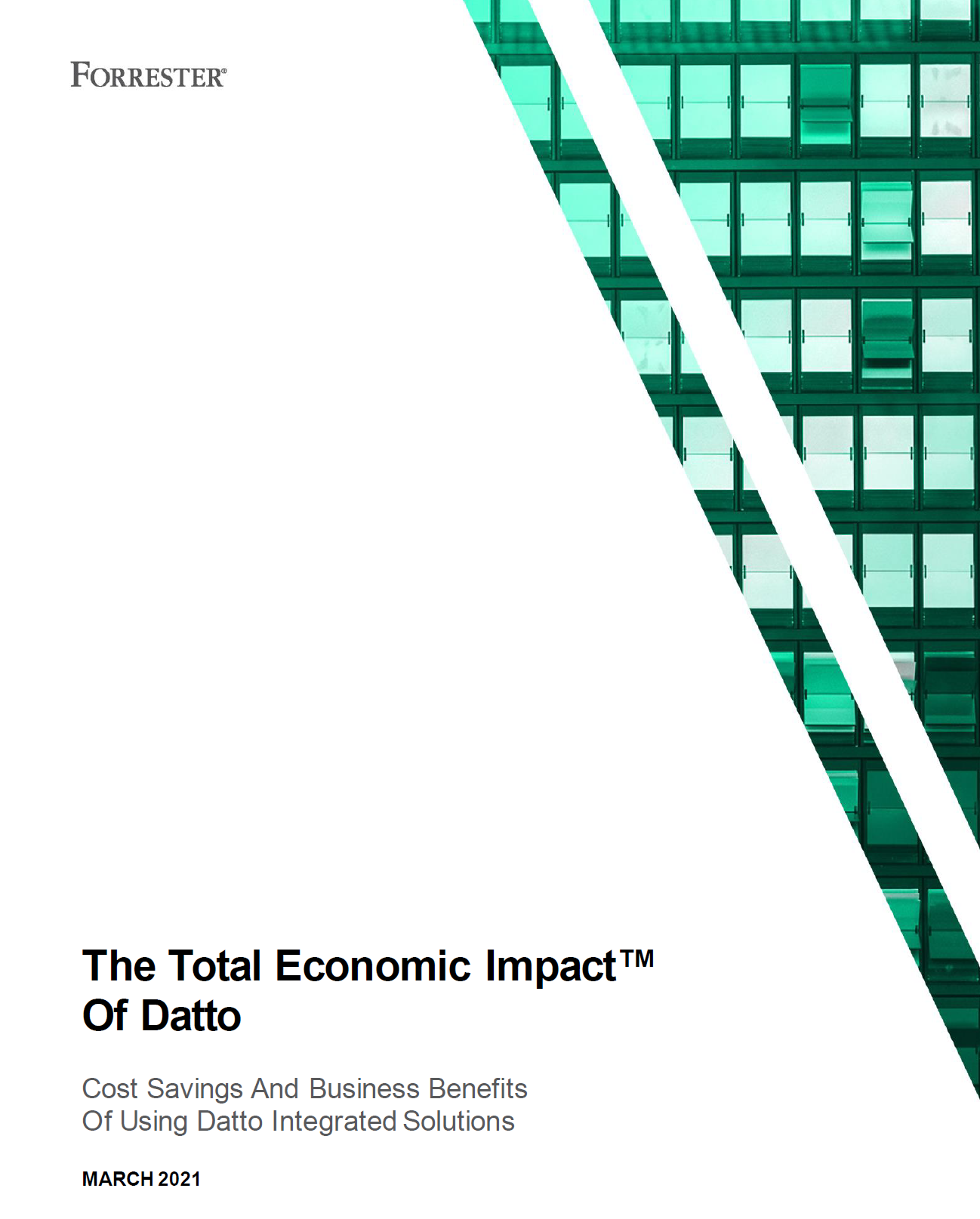 The total economic impact™ of Datto
The total economic impact™ of DattoWhitepaper Cost savings and business benefits of using Datto Integrated Solutions
By ITPro
-
 The most significant challenges facing SMBs post-pandemic
The most significant challenges facing SMBs post-pandemicIn-depth We examine the obstacles small and medium businesses face in a post-pandemic world
By Sarah Thomson